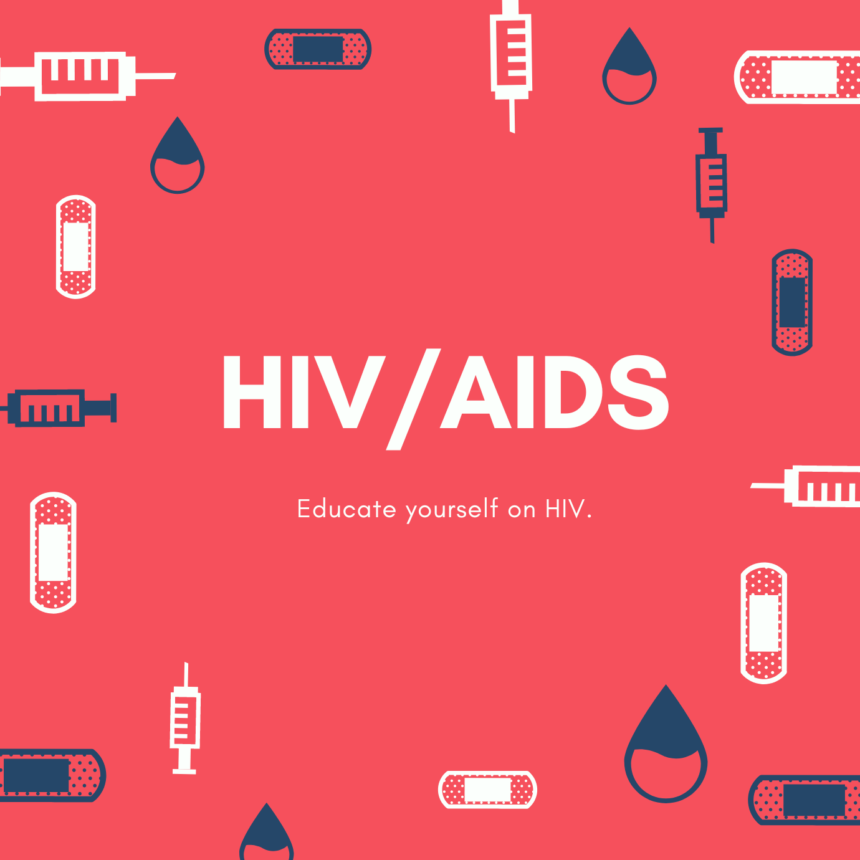This comprehensive guide aims to raise awareness about the psychological impacts of HIV and provide strategies to address mental health challenges faced by individuals living with the virus.
- Understanding the Mental Health Challenges: The guide begins by exploring the mental health challenges commonly experienced by individuals with HIV. These may include anxiety, depression, stress, and post-traumatic stress disorder (PTSD) related to the diagnosis, treatment, and stigma associated with HIV/AIDS.
- Impact of Stigma on Mental Health: This section delves deeper into the detrimental effects of HIV-related stigma on the mental well-being of those affected. It emphasizes the need to combat stigma to improve mental health outcomes.
- Screening and Assessment: To ensure early detection and intervention, the guide highlights the importance of regular screening and assessment of mental health among people with HIV. It encourages healthcare providers to include mental health assessments as part of routine care.
- Access to Mental Health Services: This section emphasizes the need for accessible and affordable mental health services for individuals living with HIV. It addresses potential barriers to mental health care and proposes solutions to improve access.
- Coping Strategies and Resilience: The guide provides coping strategies and resilience-building techniques for individuals with HIV to navigate the emotional challenges they may face. These strategies may include mindfulness practices, support groups, and self-care activities.
- Psychosocial Support: This section advocates for the integration of psychosocial support into HIV care. It emphasizes the benefits of counseling, peer support, and community engagement in improving mental health outcomes.
- Comorbidities and Dual Diagnosis: The guide addresses the concept of comorbidities, where individuals with HIV may experience mental health issues alongside other medical conditions. It highlights the importance of addressing these dual diagnoses for holistic care.
- Mental Health Education: The guide promotes mental health education for healthcare providers, caregivers, and affected individuals to improve understanding and support for mental health needs.
- Family and Social Support: This section explores the role of family and social support in promoting mental well-being among individuals with HIV. It emphasizes the significance of building a supportive network to cope with the emotional challenges.
- Reducing Mental Health Disparities: The final section calls for efforts to reduce mental health disparities among marginalized communities disproportionately affected by HIV. It advocates for tailored and culturally sensitive mental health interventions.
By addressing the mental health challenges associated with HIV, this guide aims to promote a comprehensive approach to healthcare for individuals living with the virus. It emphasizes the importance of recognizing and addressing mental health needs alongside medical management. Through awareness, education, and support, the guide aims to contribute to improved mental health outcomes and overall well-being for those affected by HIV.
